Reality TV Hits a New Low With Disabled Model Show?
There's a lot to unpack when it comes to BBC America's new reality show, "Britain's Missing Top Model," which focuses on a group of disabled women competing to win a high-profile modeling gig. First, what, exactly, is "missing" here, aside from the fact that some contestants are missing limbs? Could it be a sense of humanity, then?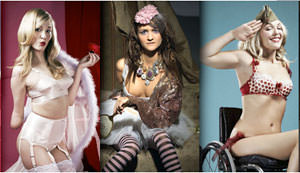
There’s a lot to unpack when it comes to BBC America’s new reality show, “Britain’s Missing Top Model,” which focuses on a group of disabled women competing to win a high-profile modeling gig. First, what, exactly, is “missing” here, aside from the fact that some contestants are missing limbs? Could it be a sense of humanity, then? Or does the possibility of succeeding in a looks-obsessed industry represent anything approaching empowerment for the eight women whose bodies — with the exception of at least one deaf contestant — immediately set them apart from the “normal” population upon first glance? –KA
Your support matters…The New York Times:
But the show adds an extra layer of contention by including deaf contestants — hearing loss is a disadvantage that disappears in front of the camera. Kellie, 24, relies on signers for even trivial conversation, but she has no visible impairment in photographs, and that upsets Sophie, 23, who was paralyzed in a car accident and uses a wheelchair.
“The chance to meet a designer who is willing to put a disabled girl in his show is such an opportunity, but I want someone to choose a girl with a really obvious, really visual, really kind of blatant disability,” Sophie says after Kellie wins an audition. “So that it makes a change. And choosing someone like Kellie is not really the same — it’s the same as just picking a girl that speaks French.” (If anything, the absence of communication may even be an asset in the modeling world. Mr. Phang says to a photographer, “It’s kind of nice working with deaf girls because there’s not those sort of irritating questions.”)
Even the judges, and one uses a wheelchair, are torn about their mandate. “I can’t imagine her making a career out of modeling; if we’re supposed to choose a model she isn’t it,” another one says of Sophie. “But I could see her making a career as a role model.”
Independent journalism is under threat and overshadowed by heavily funded mainstream media.
You can help level the playing field. Become a member.
Your tax-deductible contribution keeps us digging beneath the headlines to give you thought-provoking, investigative reporting and analysis that unearths what's really happening- without compromise.
Give today to support our courageous, independent journalists.

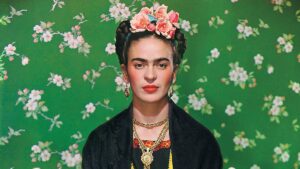
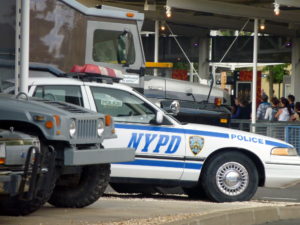
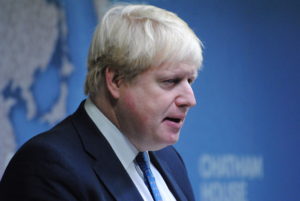
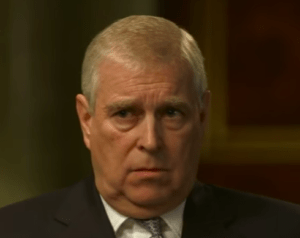
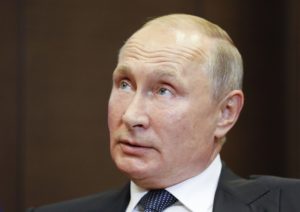
You need to be a supporter to comment.
There are currently no responses to this article.
Be the first to respond.